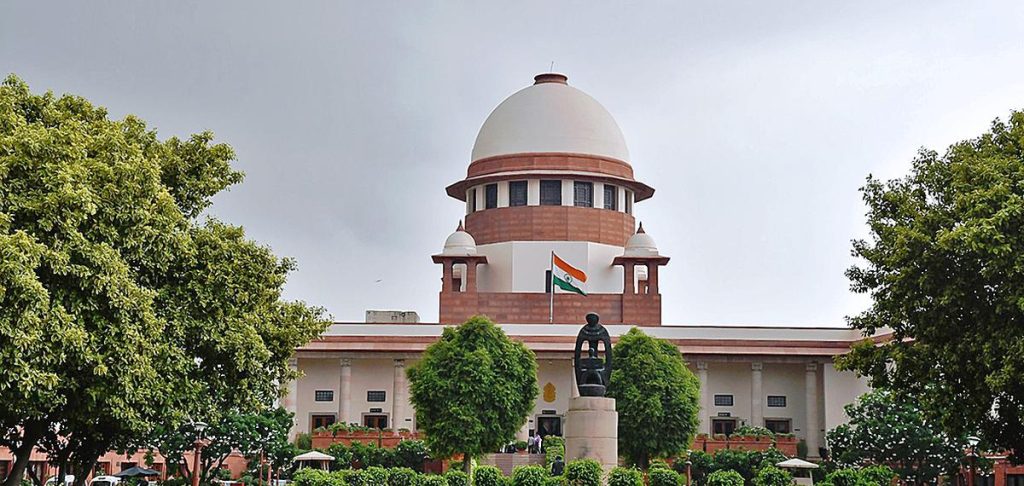 New Delhi, Feb 14: New Delhi, Feb 14:
Agencies
The Supreme Court on Friday said the courts could not direct the legislature to enact a law in a particular manner.
A bench of Justices B R Gavai and Augustine George Masih made the observation while hearing a plea against a February 2024 order of the Delhi High Court which disposed of a PIL on the issue.
“The Parliament, after considering every aspect, has come out with a new enactment. In a writ jurisdiction, neither the high courts nor the Supreme Court can direct the legislature to enact a law in a particular manner,” the bench said, while refusing to hear the plea.
The PIL sought directions to district courts or police to supply a copy of chargesheet to the complainant or victim free of cost.
The counsel appearing for the Centre referred to Section 230 of the Bharatiya Nagarik Suraksha Sanhita (BNSS), 2023, saying the petition was infructuous.
The Centre’s counsel said Section 230 prescribes, in any case where a proceeding was instituted on a police report, the magistrate should furnish to the accused and victim, free of cost a copy of documents, including the police report and the first information report.
The petitioner’s counsel said Section 230 of the BNSS did not deal wi "In a writ jurisdiction, neither the high courts nor the Supreme Court can direct the legislature to enact a law in a particular manner,”
The PIL also sought directions to all the district courts to issue notice to the complainants or victims at the time of taking of cognisance to enable them to exercise their right to be heard and participate in pre-trial criminal proceedings.
While referring to an apex court verdict and the Code of Criminal Procedure amendments, the high court said there were sufficient rights given to the victim or complainant to effectively participate in pre-trial and trial proceedings if they so elected.
It had also referred to the Delhi High Court rules and said it was clear that a party to a criminal case was entitled to obtain copies of the record of the case upon filing of an application.
The union home ministry has already issued direction to all states and union territories in October 2020 for the implementation of a standard operating procedure (SOP) over sexual offences against women and children, it added.
“In the said SOP at paragraph 23 with respect to the submission of chargesheet, police has been directed to provide a copy of chargesheet to the victim/informant without any cost,” said the high court. | 